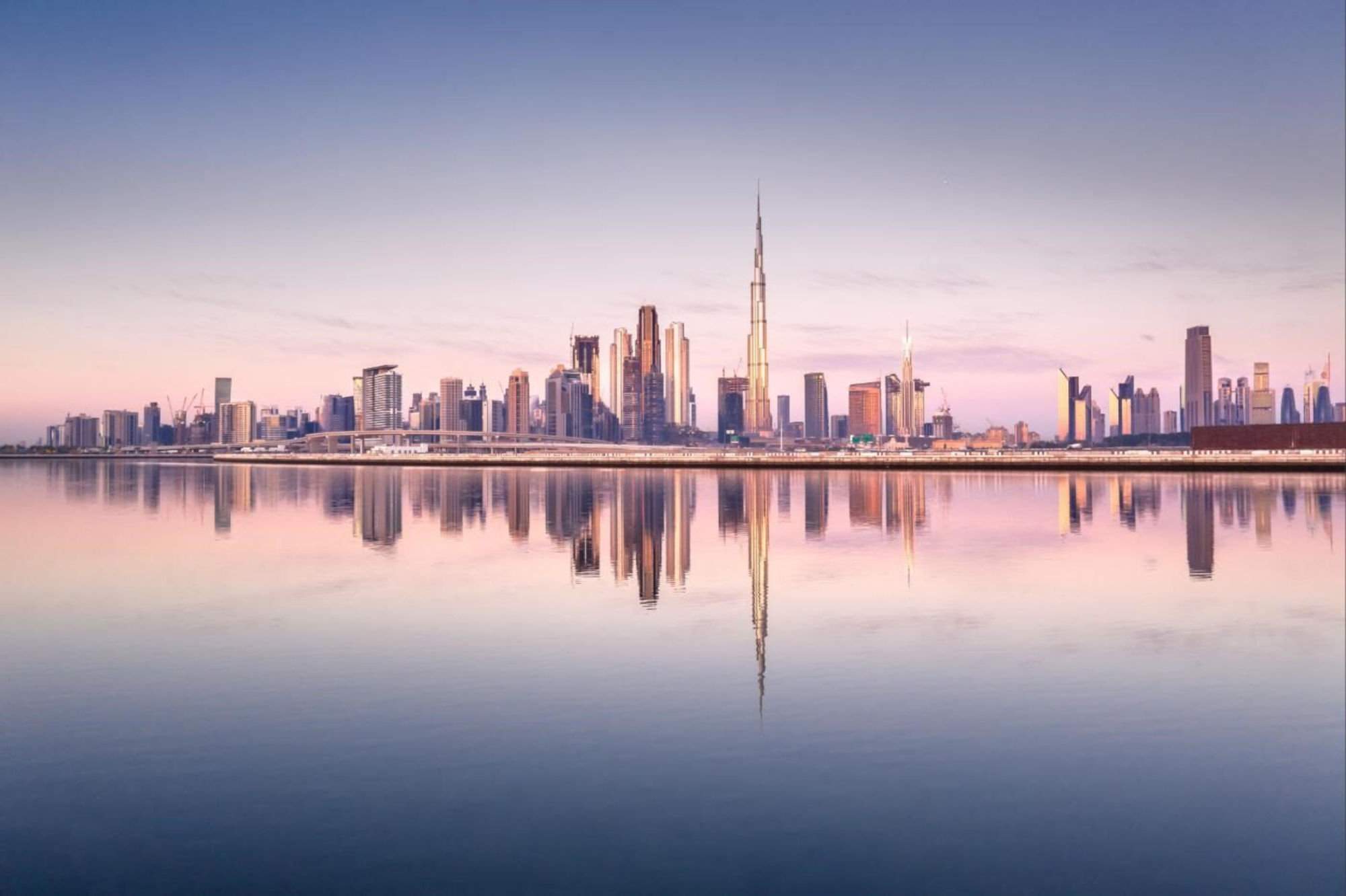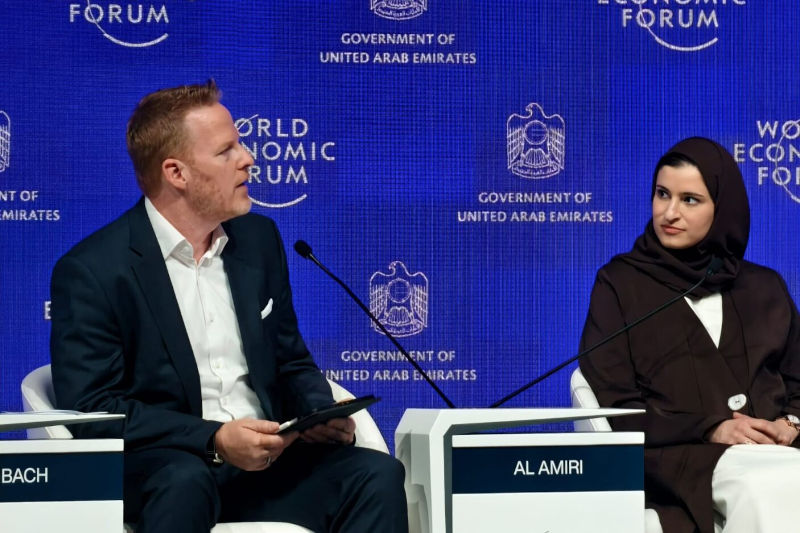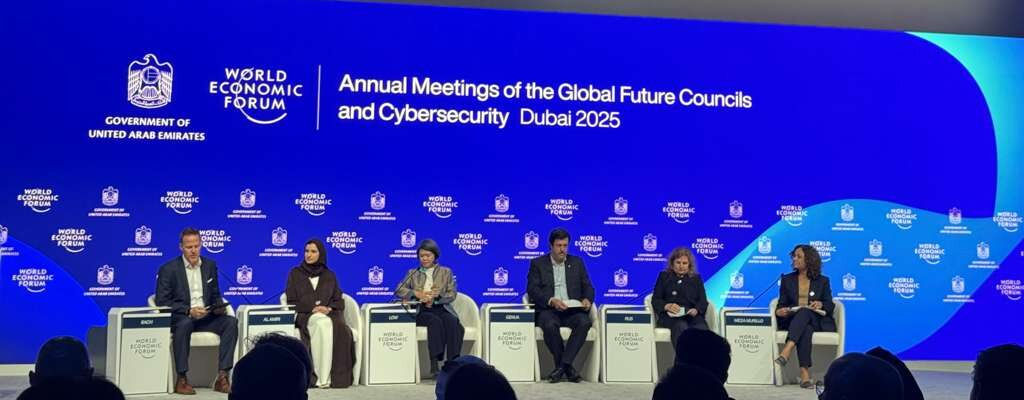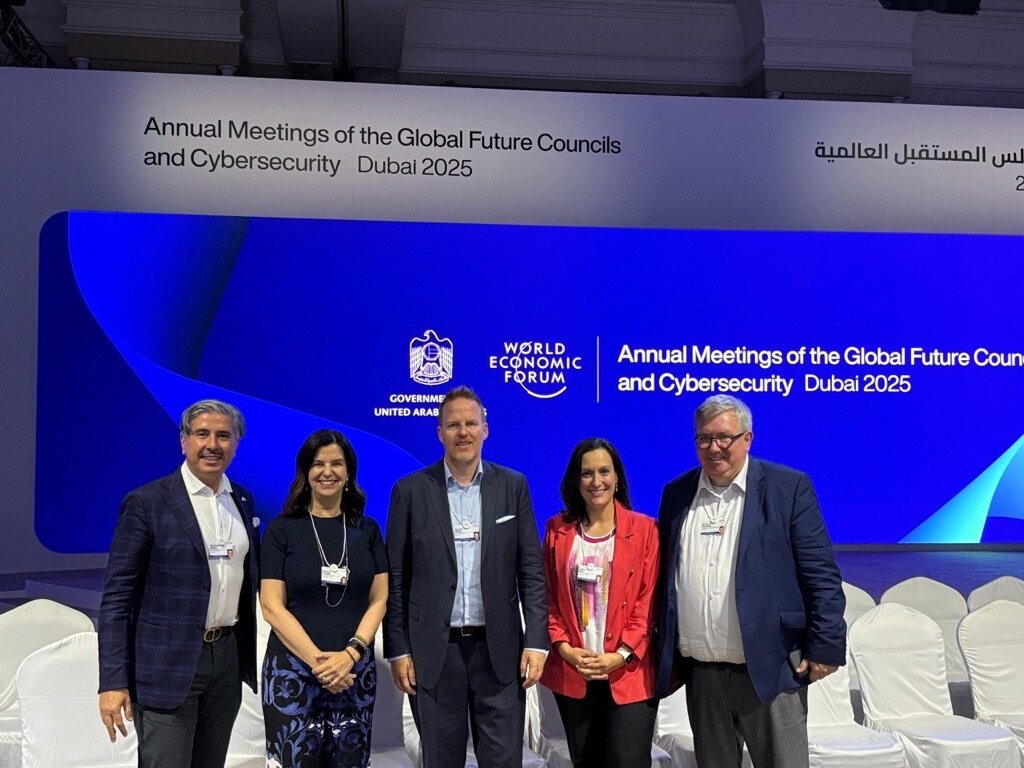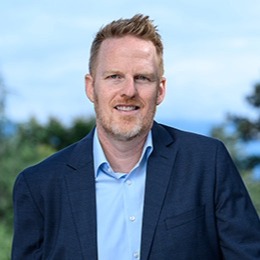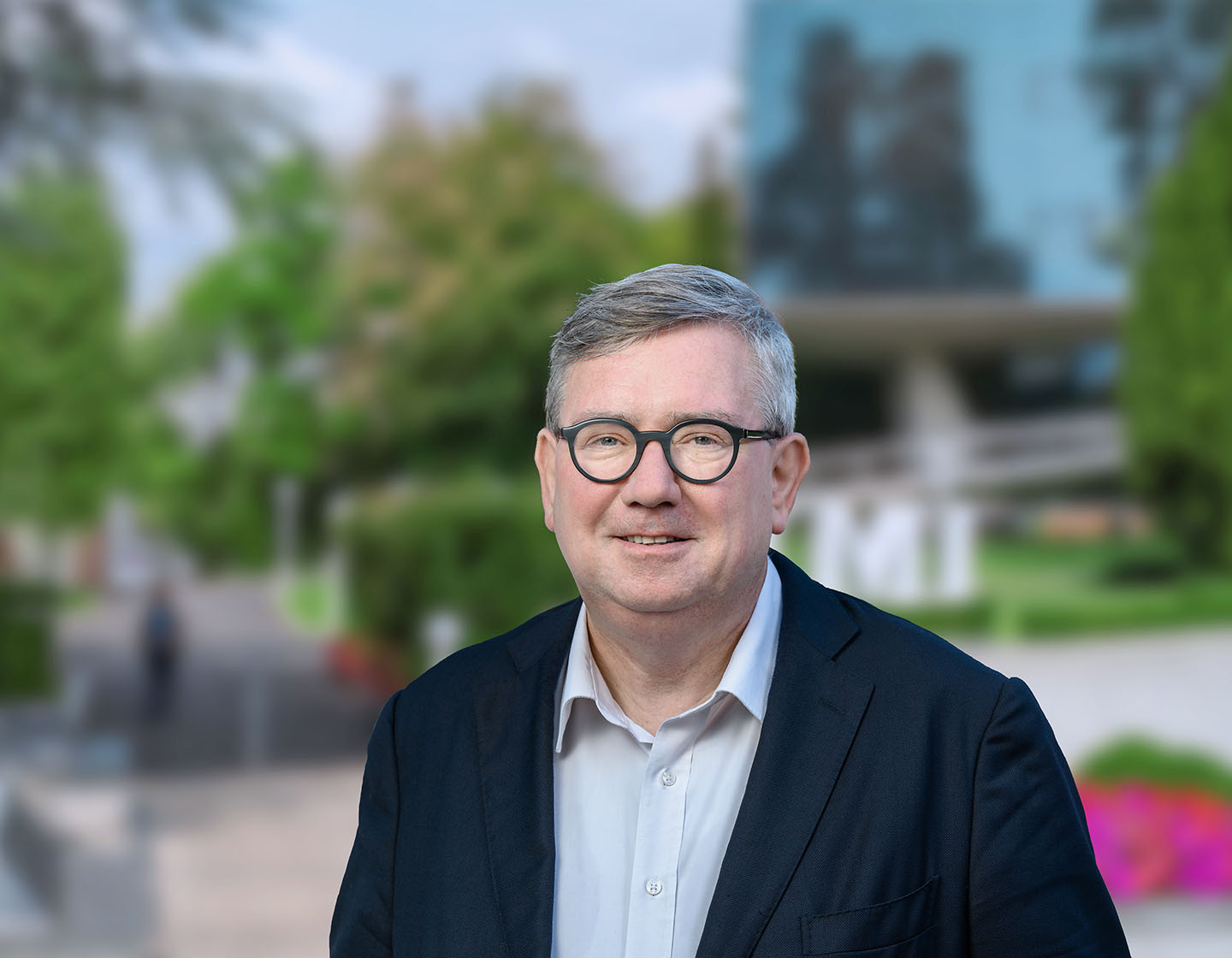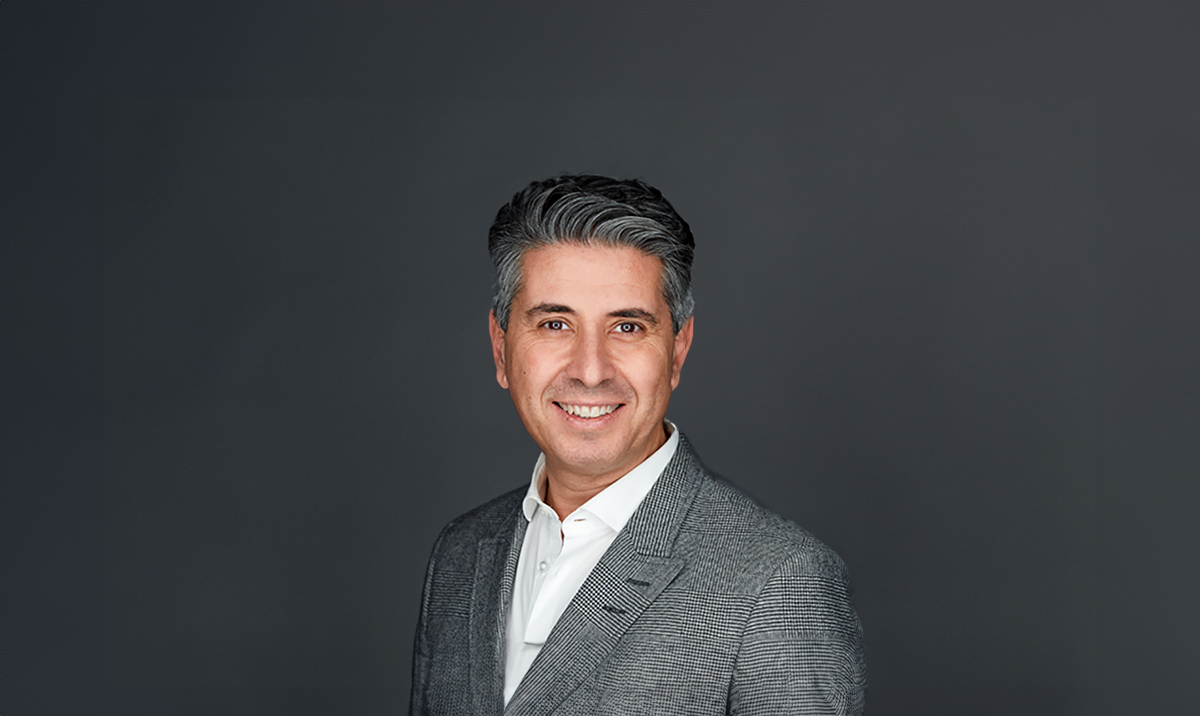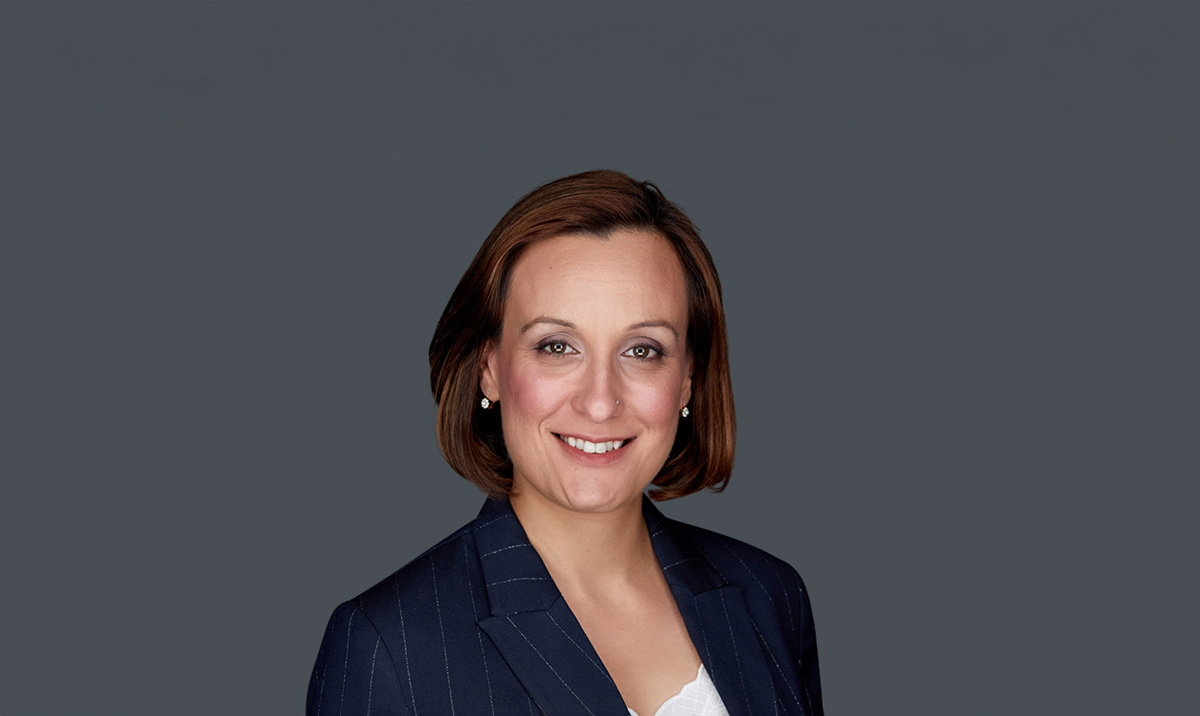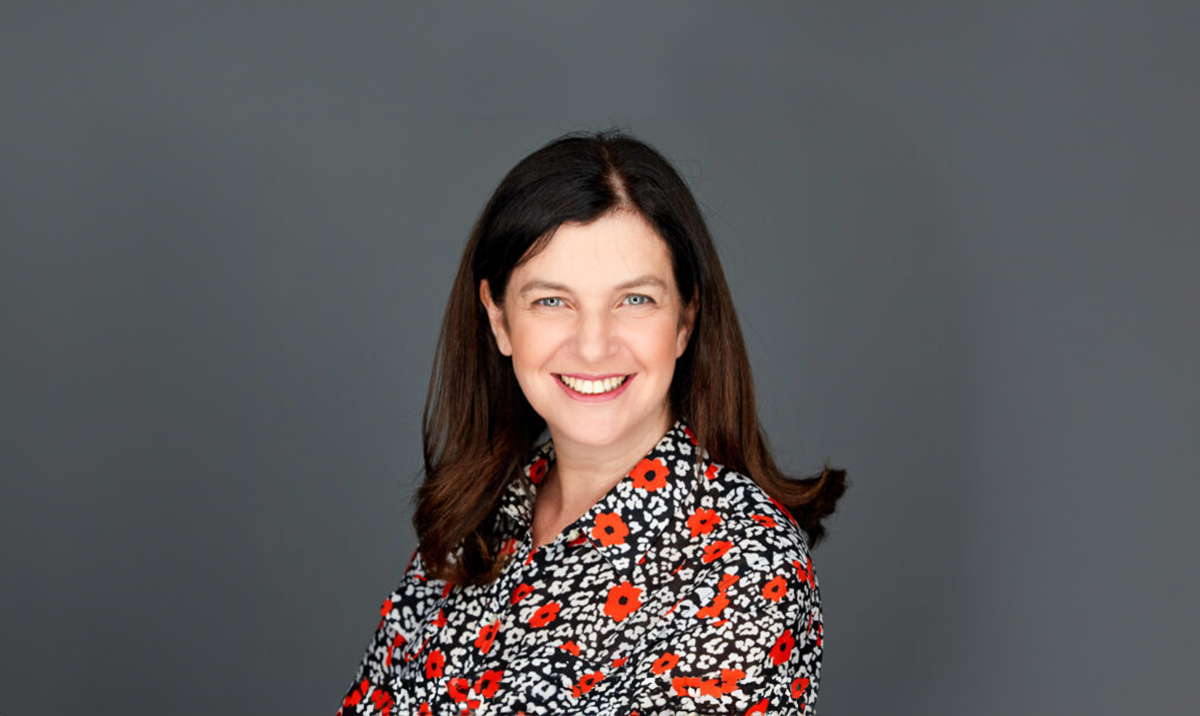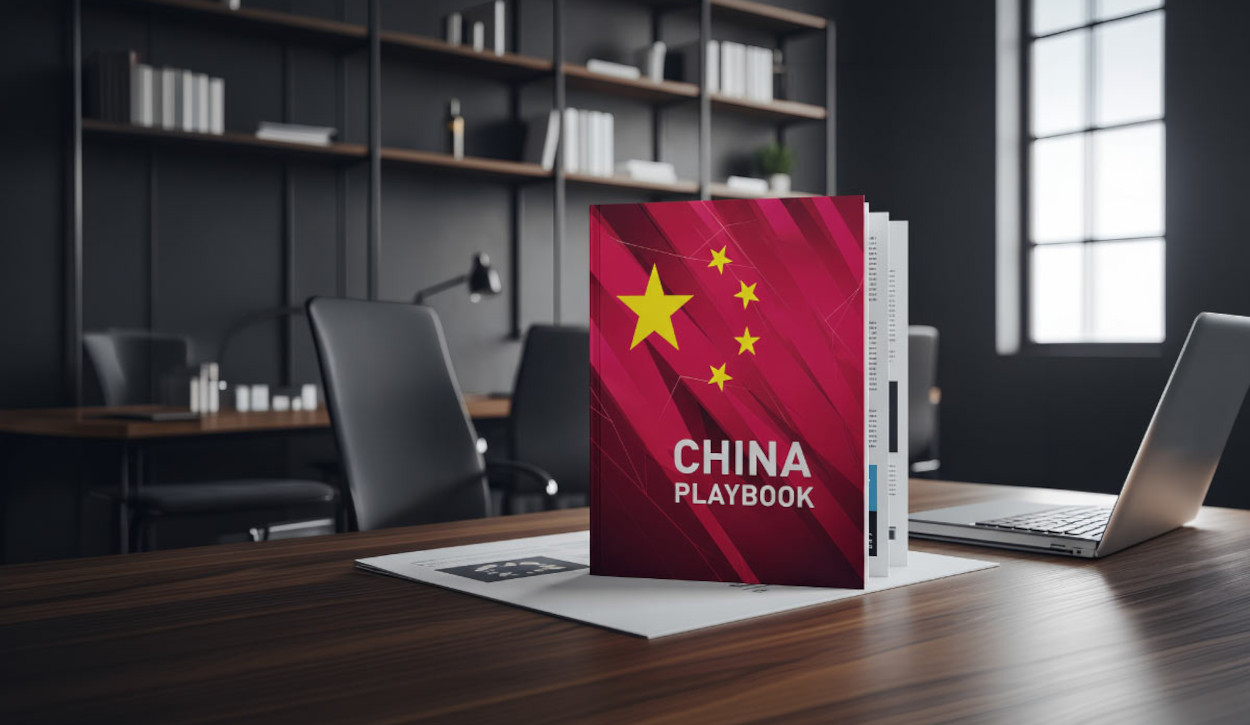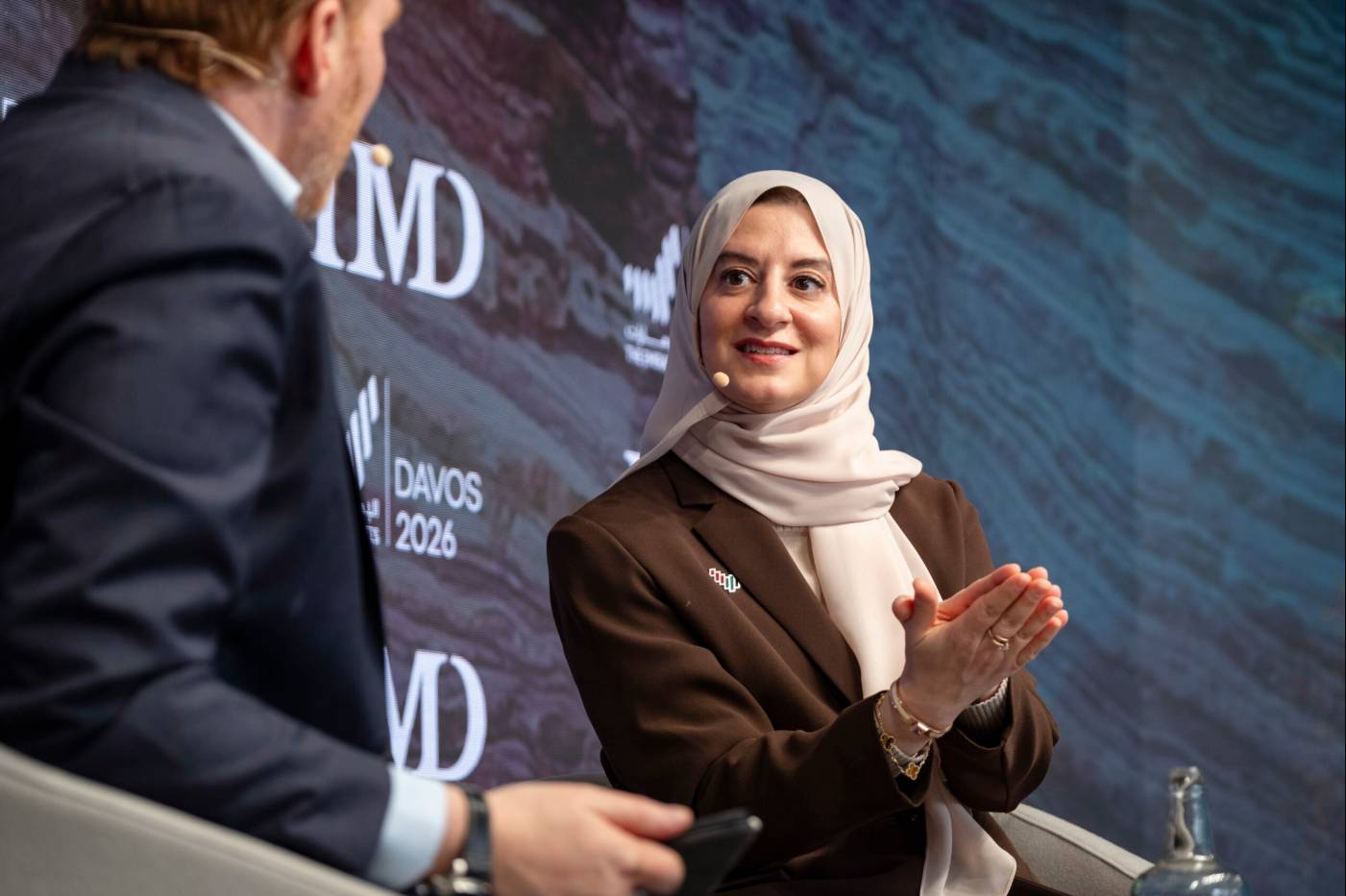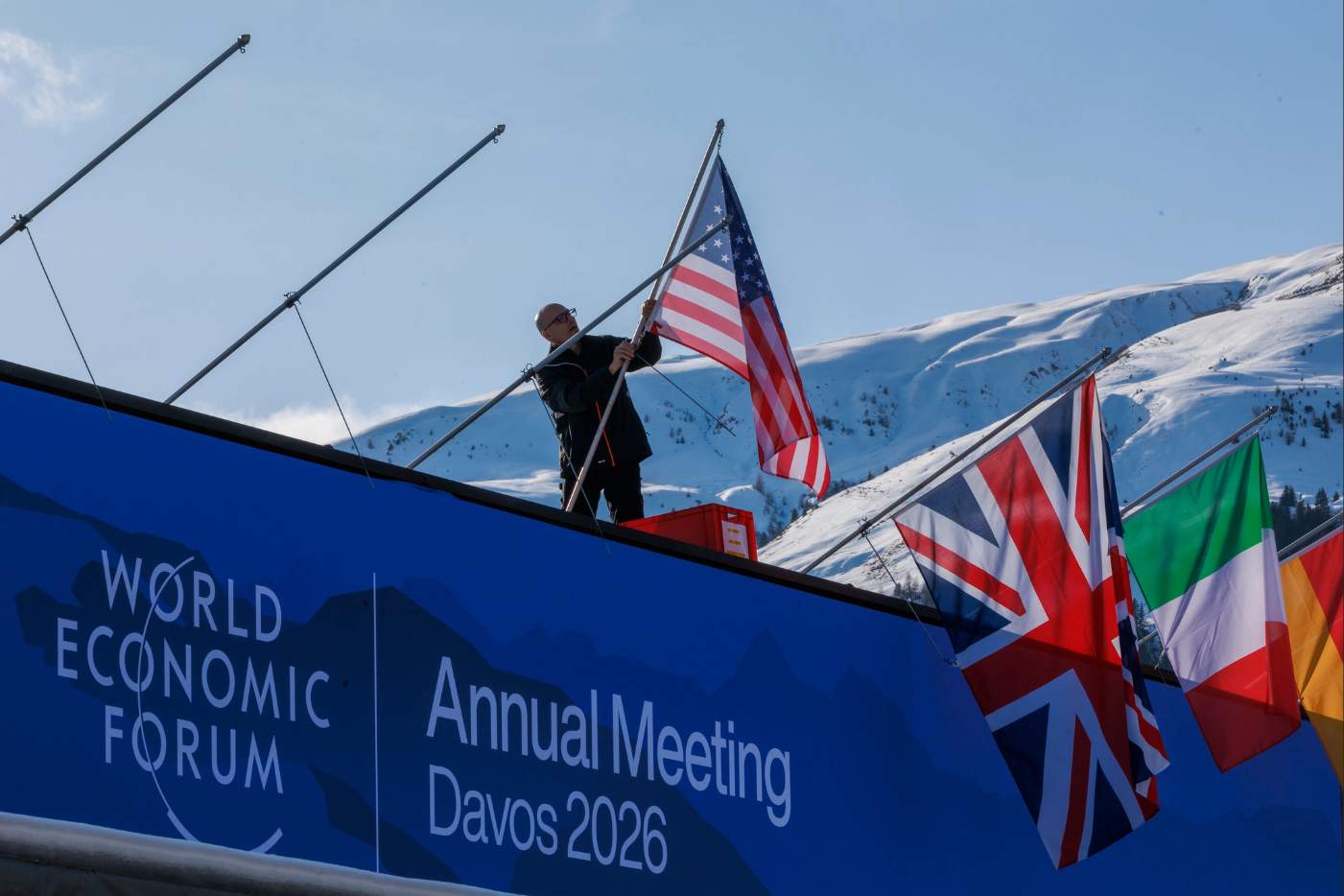Global trade enters the age of leverage
– Simon J Evenett, Professor of Geopolitics and Strategy
What struck me in the Global Future Council on International Trade and Investment was how far the world has moved from the old trade order – and how raw power has displaced rules.
Once, discipline was enforced through the World Trade Organization. Governments that broke the rules could be taken to Geneva and induced to change course. But that system has broken down. Now, in a climate of geopolitical rivalry and growing distrust, trade policy is being shaped by something else: leverage.
Rather than lawsuits, many big economies now use threats: to restrict exports of rare earths, or withhold access to their markets. The rules have become norms, which are broken all too often by the economic behemoths. Many other governments follow them not because they must, but because they choose to.
Companies are adapting to this new world order. Some, for instance, are redesigning products to contain fewer sensitive components sourced from geopolitical flashpoints. That will reshape manufacturing footprints, with certain countries – Switzerland among them – likely to benefit.
While the US has escalated tariffs, most governments have shown restraint. The risk of global protectionism remains, but it is mostly sector-specific: steel, semiconductors, and certain electronics.
At the same time, digital trade is surging – much of it services-related. The UK, for one, now exports more services than goods. This points to the next frontier of trade and investment: data governance and digital economy agreements. Some countries are already moving fast to define these new standards.
All this is to say that trade is changing under the influence of geopolitics. It is not in retreat. A new chapter of the history of globalization is being written.

